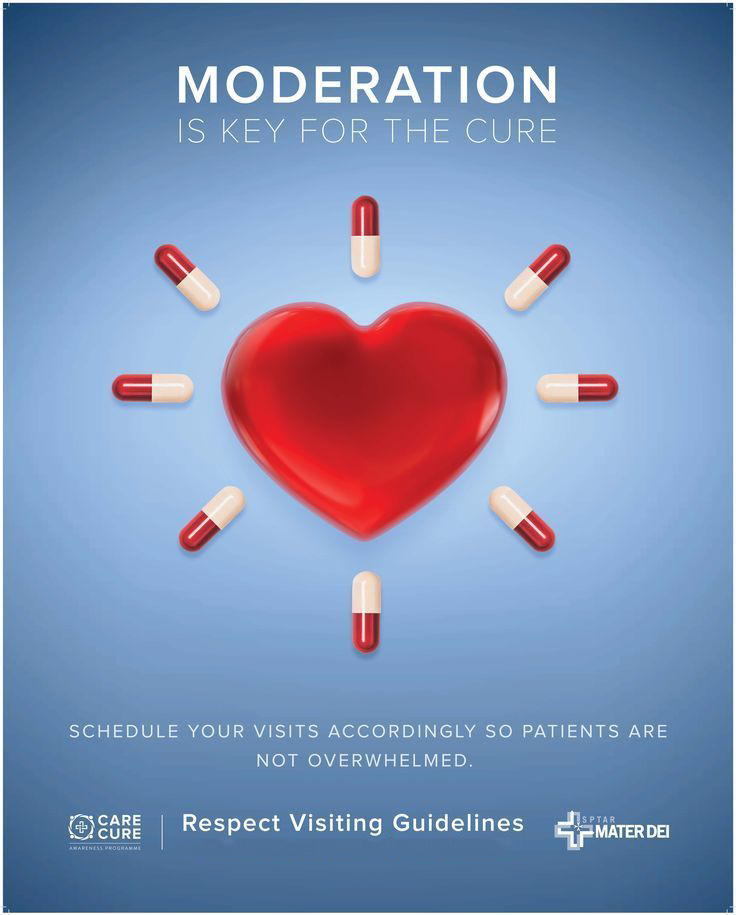
Healthcare providers’ cultural competence matters
Healthcare providers must be culturally competent in today’s varied culture. A Medicaid doctor in Utah must address this requirement because the state’s diverse population has unique health beliefs, practices, and needs. Cultural competence in healthcare is not only ethical but also practical, improving care, patient satisfaction, and health outcomes by respecting and responding to diverse patients’ health beliefs, practices, and cultural and linguistic needs.

Cultural competency goes beyond cultural awareness. It involves aligned behaviors, attitudes, and policies in a system, agency, or professional group to enable cross-cultural work. This requires healthcare personnel to recognize and respect varied cultural backgrounds and personalize care to patient’s social, cultural, and linguistic needs.
Cultural competency in healthcare has several benefits. First, it enhances patient-provider communication, essential for diagnosis and treatment. Understanding and respecting patients’ cultures helps healthcare workers communicate better, building trust and a more potent therapeutic relationship. A Medicaid doctor in Utah who treats Native Americans, Hispanics, and refugees needs this trust.
Cultural competence also reduces health inequities and improves healthcare access for underprivileged groups. Minorities have always had poorer health outcomes and lower-quality care in the US. Culturally responsive treatment improves access and quality and eliminates health inequities.
Cultural competence also improves healthcare personalization. A patient’s cultural background can reveal their health habits, preferences, and views on sickness and treatment. This insight lets doctors adjust their approach, making medical advice more patient-friendly. Effective personalized care improves treatment adherence and health outcomes.
Thus, cultural competence training should be part of medical education and professional growth for all healthcare practitioners, including Utah Medicaid doctors. They should learn about the cultural backgrounds of the populations they serve as well as cultural understanding and sensitivity. Healthcare organizations should also foster an inclusive environment that values patient diversity. Hire bilingual staff, provide interpreters, and create culturally relevant health education materials.







